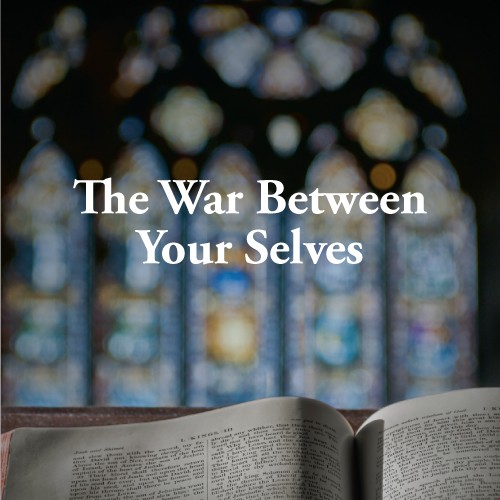
Praying Our Guilt
Tim Keller | March 12, 2000
Overview
Guilt and shame, having your heart broken under a sense of failure and general unworthiness—I feel this is probably more rampant in places like New York than anywhere else. Do you know why? Because we have so many successful people in New York, people who, in many ways are driven more acutely than other people by this fear of failure or unworthiness.
In Psalm 130, we see guilt and shame likened to a hole, to something we’ve sunk down in. And then we’re shown a way out that’s available for a person who’s in that hole of guilt and shame. And then we see a little bit about the process of how you climb out.
So let’s look at: 1) sinkhole of guilt and shame, 2) the rope that’s given to a person sinking in guilt and shame, and 3) the climb out.



